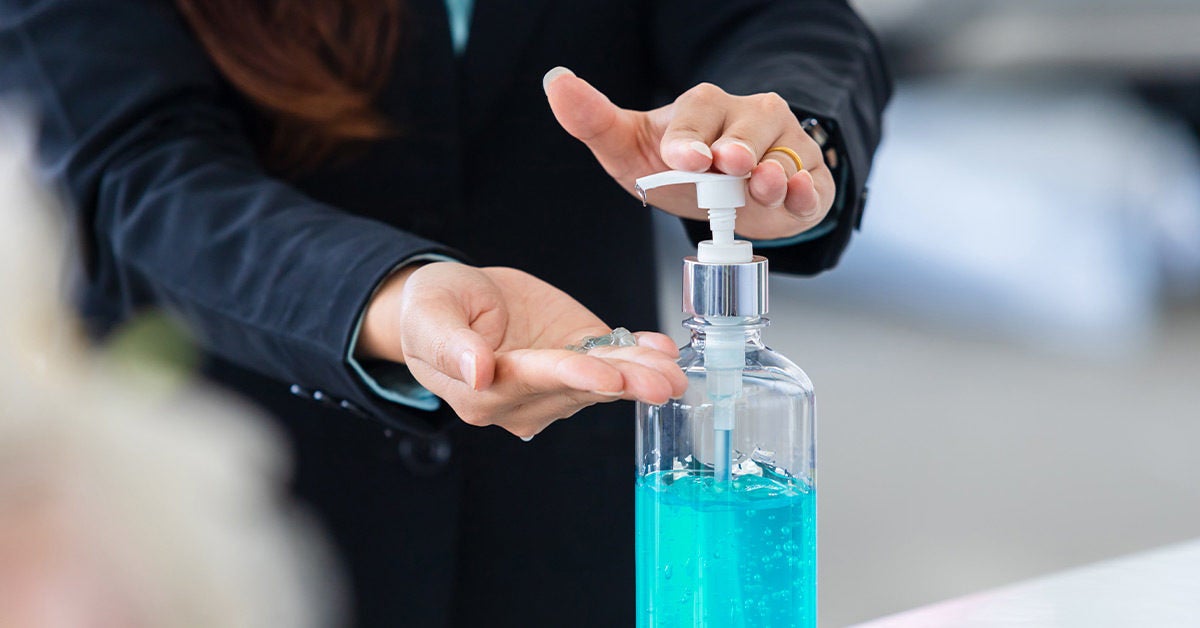Antibacterial Wipes or Hand Sanitizer: Which Is More Effective?

Good hygiene is very critical these days to stop the spread of bacteria and viruses like coronavirus. These practices include handwashing with soap and water, antiseptic hand rubs like hand sanitizer and gels or surgical hand antisepsis in healthcare settings. Doctors say whether it’s liquid hand sanitizer in a bottle or antibacterial wipes, how you use them can make a big difference.
Experts say: “When using hand sanitizing gels or wipes, it is very important to completely cover your hands with the sanitizer and continue to wipe your hands with the product thoroughly until the product is dried on your hands. Never wipe sanitizer off of your hands. Always wait for it to dry completely”.
Traditional hand washing is what most health experts recommend when it comes to protecting your health, but it’s not always an option. But wondering which type of sanitizer is most effective? Well, here is the breakdown for you of the differences between hand wipes and sanitizers.

Why are hand sanitizers effective?
Experts say the most important aspect of any hand sanitizer including liquids, foams, and gels is the active ingredient. The Food and Drug Administration (FDA) recommends that hand sanitizers contain 60 percent to 95 percent ethanol or isopropanol, which gives them the best germ-fighting capacity.
What makes hand wipes effective:

Alcohol-based hand wipes work by destabilizing the cells of viruses and bacteria, thereby destroying them and making them inactive. The percentage of alcohol should be greater than 60 percent and should be in the form of isopropyl alcohol.
Which one is more effective?
When it comes to killing bacteria and viruses hand sanitizers and wipes are both equally effective. However, still, the best way to kill germs is with soap and water. Although sanitizing wipes and gels do kill bacteria and viruses, they are only effective when used on clean hands.
RELATED ARTICLES

Best Foods for Brain Health

What Adds to the Risk of Hepatitis?



